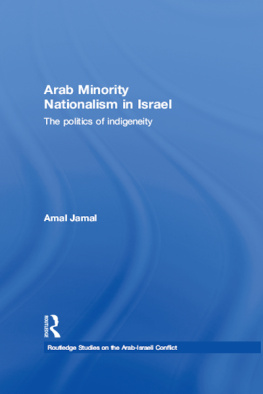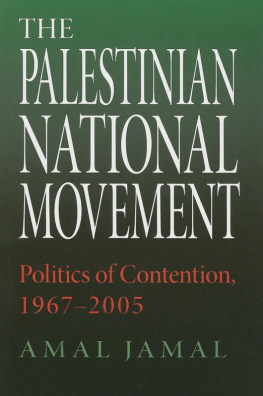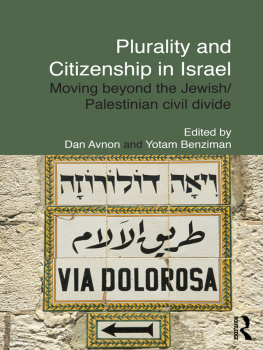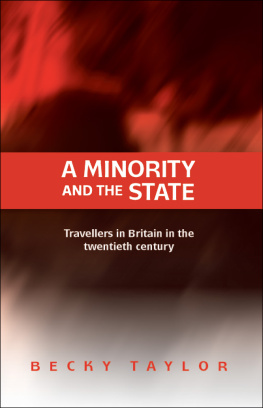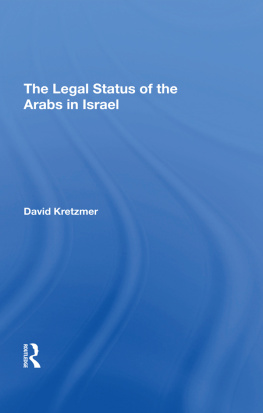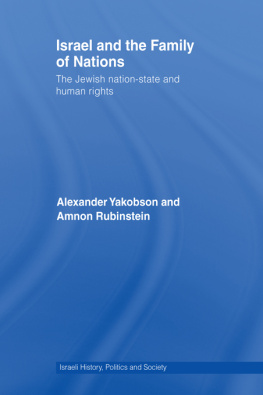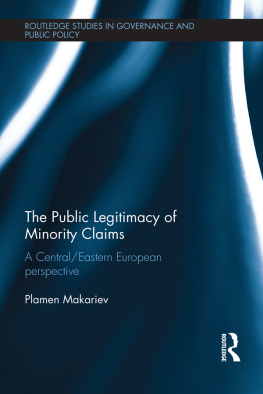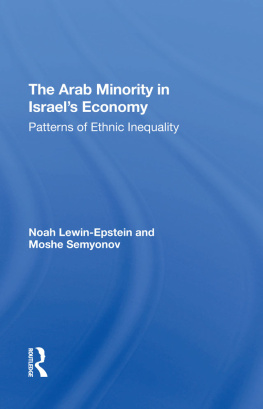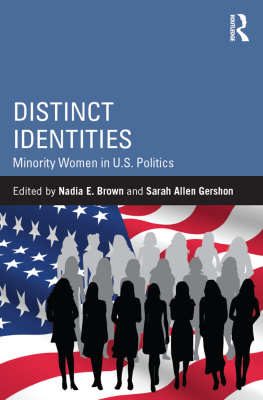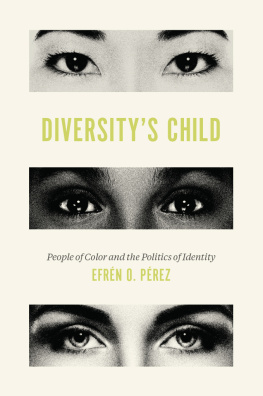Arab Minority Nationalism in Israel
National minorities and their behaviour have become a central topic in comparative politics in the last few decades. Using the relationship between the State of Israel and the Arab national minority as a case study, this book provides a thorough examination of minority nationalism and stateminority relations in Israel.
Placing the case of the Arab national minority in Israel within a comparative framework, the author analyzes major debates taking place in the fields of collective action, social movements, civil society and indigenous rights. He demonstrates the impact of the state regime on the political behaviours of the minorities, and sheds light on the similarities and differences between various types of minority nationalisms and the nature of the relationship such minorities could have with their states.
Drawing empirical and theoretical conclusions that contribute to the study of Israeli politics, political minorities, indigenous populations and conflict issues, this book will be a valuable reference for students and those in policy-making positions working on issues around Israeli politics, Palestinian politics and the broader PalestinianIsraeli conflict.
Amal Jamal is a Professor in the Department of Political Science at Tel Aviv University and Head of the Walter Lebach Institute for Jewish-Arab Coexistence Through Education.
Routledge Studies in Middle Eastern Politics
2. Palestinian Refugee Repatriation
Global perspectives
Edited by Michael Dumper
4. Israeli Politics and the First Palestinian Intifada
Political opportunities, framing processes and contentious politics
Eitan Y. Alimi
12. Politics and Violence in Israel/Palestine
Democracy versus military rule
Lev Luis Grinberg
15. Plurality and Citizenship in Israel
Moving beyond the Jewish/Palestinian civil divide
Edited by Dan Avnon and Yotam Benziman
16. Ethnic Politics in Israel
The margins and the Ashkenasi Center
As'ad Ghanem
33. Surveillance and Control in Israel/Palestine
Population, territory and power
Edited by Elia Zureik, David Lyon and Yasmeen Abu-Laban
34. Conflict and Peacemaking in Israel-Palestine
Theory and application
Sapir Handelman
Arab Minority Nationalism
in Israel
The politics of indigeneity
Amal Jamal
First published 2011
by Routledge
2 Park Square, Milton Park, Abingdon, Oxon OX14 4RN
Simultaneously published in the USA and Canada
by Routledge
270 Madison Ave, New York, NY 10016
Routledge is an imprint of the Taylor & Francis Group, an informa business
2011 Amal Jamal
The right of Amal Jamal to be identified as author of this work has been
asserted by him in accordance with sections 77 and 78 of the Copyright,
Designs and Patents Act 1988.
All rights reserved. No part of this book may be reprinted or reproduced or
utilised in any form or by any electronic, mechanical, or other means, now
known or hereafter invented, including photocopying and recording, or in any
information storage or retrieval system, without permission in writing from the
publishers.
Trademark notice: Product or corporate names may be trademarks or registered
trademarks, and are used only for identification and explanation without intent
to infringe.
British Library Cataloguing in Publication Data
A catalogue record for this book is available from the British Library
Library of Congress Cataloguing in Publication Data
Jamal, Amal.
Arab minority nationalism in Israel : the politics of indigeneity / Amal Jamal.
p. cm. (Routledge studies in Middle Eastern politics ; 35)
Includes bibliographical references and index.
1. Palestinian ArabsIsraelPolitics and government21st century. 2.
NationalismIsrael. 3. IsraelEthnic relationsPolitical aspects. I. Title.
DS113.7.J355 2011
320.540899274dc22
2010034605
ISBN 978-0-415-56739-8 (hbk)
ISBN 978-0-203-83069-7 (ebk)
Typeset in Baskerville by
Taylor & Francis Books
This book is dedicated to my mother, Hanna, who taught me the meaning and power of internal peace, respect, modesty and understanding
Contents
Tables and figures
Tables
Figures
Acknowledgements
In bringing this book to its final stages, the involvement of several people was indispensable. Some of the data provided in the various chapters required me to conduct personal interviews, especially the chapters focusing on internally displaced Palestinians, on civil society and on leadership. I would like to thank all those who gave up some of their precious time to share their thoughts and feelings with me. Another group of people participated in several focus groups that I conducted in order to collect data concerning the dominant positions toward political parties, civic associations and political leaders. I would also like to thank these people, who traveled to Tel Aviv, to Nazareth or to Baqa Al-Garbiya to meet with me and share their experiences.
The completion of this book would not have been possible without the commitment of several outstanding assistants, who collected some of the data, and helped in analyzing it and bringing it into its current form. Umayma Diab helped tremendously in collecting and analyzing the data for the chapters on leadership and on civil society. Dana Yasur-Landau helped with the collection of materials on civil society and the politics of indigeneity. Rinat Arbiv-Abramowitz assisted during the editing process and helped to organize the bibliographical list. She demonstrated sincere commitment and devotion to meet the highest standards possible in completing this book. Laura Scobey invested much time in the linguistic editing process. She showed the commitment and professionalism that were necessary to complete this book. I would like to pay my deepest thanks to them for their sincere commitment and valuable assistance.
Finally, I would like to thank my family, Randa, Iyad and Omri, for allowing me to take the time to complete this work. Their understanding and support forms a central force behind this book.
Introduction
Understanding the politics of indigenous
national minorities
The study of minority politics has become a central topic in comparative politics in the last few decades (McGarry and Keating 2006; Keating and McGarry 2001). This development has not been fully related to the study of subaltern groups, an important social science discipline (Guha and Spivak 1988). The latter developed as a theoretical and methodological approach in the 1980s, and was an attempt to re-read the sociology, history and politics of post-colonial areas, away from the elitist bias that characterized previous studies, especially in India (Ludden 2001; Gandhi 1998). Subaltern studies sought to connect to Italian thinker Antonio Gramsci and to emphasize the role of peasants and people of inferior rank in insurgencies and in fighting injustices caused by colonial rule (Young 2003). This theoretical approach was part of the rise of post-colonial studies in various academic centers in the third world and was used by third-world thinkers studying or working in leading universities in the first world. It focused on post-colonial areas and states as well as criticizing national narratives of post-colonial countries and the elitist bias in such narratives. It also sought to reframe the identity of the historical subject and present new data that emphasized the role of regular people in the struggle for independence.

